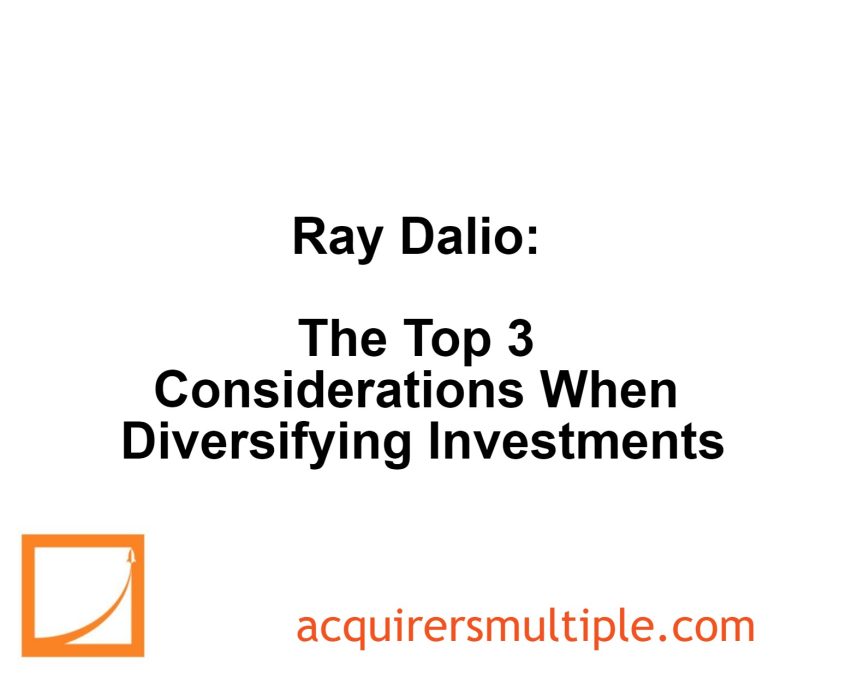During his recent presentation at The Greenwich Economic Forum, Ray Dalio discusses the importance of diversification across countries, asset classes, and currencies. He outlines three key factors for evaluating countries: financial health (whether the country earns more than it spends), an environment that promotes healthy competition and productivity, and the risk of being involved in a war.
Dalio notes that neutral countries often fare better than those involved in conflicts. He stresses considering these factors when diversifying investments to mitigate risks and enhance financial stability and productivity.
Here’s an excerpt from the presentation:
Dalio: Diversification means diversification of countries, diversification of asset classes, diversification of currencies, and so broader diversification. I can’t take the time to take you through the structural ways of being able to diversify well, but I would also emphasize some big picture tactical considerations.
Basically, there are three things that I look for in countries, and to some extent, I look for it also in corporations, countries, and people in terms of managing their finances. Here they are:
First, does the country as a whole earn more than it spends? So, does it have a good income statement and a balance sheet, so that it has the financial capabilities of dealing with the issues at hand?
Second, is the environment conducive for healthy competition and working together to create great productivity through great leadership and great productivity?
And number three, is it a country that is at risk of a war or to be caught between countries in a war?
I studied markets’ behavior in wars and there are three types of countries: those that are the winners, those that are the losers in the war, and those that are neutral in the war. It turns out that those that are neutral in the war do better than the winners of the war, who still pay a terrible cost financially as well as in loss of life and destruction. And then, of course, the worst is the losers of the war who lose everything.
My main point is that in thinking about the financial health of a country, how well do they work together to be productive together, and are they at risk of a conflict that would be disruptive to all of that? So that’s what I look at when I’m thinking about diversification. I think about diversification of asset classes.
You can watch the entire presentation here:
For all the latest news and podcasts, join our free newsletter here.
Don’t forget to check out our FREE Large Cap 1000 – Stock Screener, here at The Acquirer’s Multiple:



